Five years of new constitution: Constitution ensures Nepal’s state power and sovereignty on Nepalis
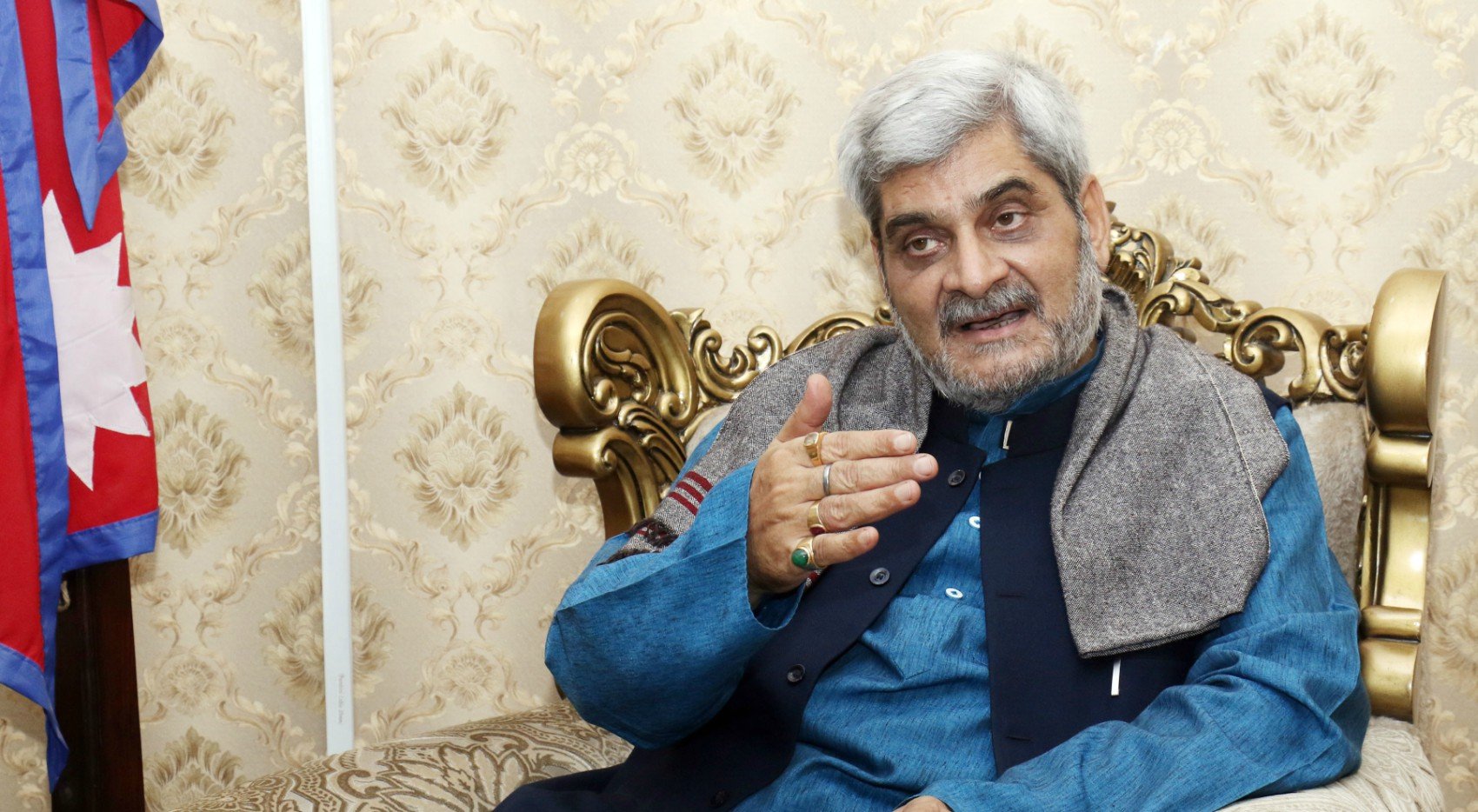
Kathmandu - The new constitution is completing five years after its promulgation and is in implementation phase now. Against this backdrop, Minister for Federal Affairs and General Administration Hridayesh Tripathi has said that there is nothing to be disappointed stating that everything mentioned in the constitution cannot be fulfilled during a government’s tenure.
Fundamentally, most of the stages of constitution’s implementation have been overcome, Minister Tripathi told Narayan Dhungana of RSS adding that the constitution has idealistic and objective images globally. “No country is poor while looking at constitution but the objective reality is distinct,” he argued. “Some provisions of the constitution cannot be fulfilled in a single attempt. The issues of human rights are alive and new challenges emerge.
Human rights, equality, child rights, discrimination and inclusiveness cannot be addressed in a single tenure or in 10-20 years. The question is whether or not the constitution has accepted that principle. We have done both the things. To say that all the issues included in the constitution are not fulfilled in a single term of a government is not constitutionalism,” Minister Tripathi said.
Asked about translation of people’s expectation, he said that this constitution has determined that Nepal’s state power and sovereignty is on Nepalis adding that this is historical and an epoch-making change. “Secondly, the preamble of the constitution has beautifully and realistically portrayed the realities and challenges of Nepali society.
The preamble has clearly mentioned the shortcomings of the past and historical questions,” Minister Tripathi observed. On rational of federalism, he said that federalism was adopted not only on the basis of interest but the structure of Nepali society itself has directed. “The efforts, failures and the contradictions created by our unitary form of governance prompted us to opt for federalism. The constitution has itself accepted our diversified society,” Minister Tripathi added.
Describing the significance of federalism, Minister Tripathi describe said, “Federal Democratic Republic was established after the failure of central regime. It was not established from anyone’s kindness. It was established from sacrifice and struggle. The impacts made by federalism on rural life should be looked to see its relevance and importance. The role played by local levels and states during coronavirus pandemic has proved its relevance.
” He further said that the country had to face many problems in the battle against coronavirus if local levels died not become active, adding that the local levels had carried out activities significantly to identify abroad returnees, to make arrangement of quarantine and isolation facilities for them as well as to distribute relief.
The General Administration Minister shared that the states also run provincial health in the health sector during pandemic and added that probably there might be some weaknesses if the centre had carried out activities alone. It is said that the system, which works successfully in crisis, is the successful system. Responding to a query over tax system, he said the country conducted the local level election.
At that time, the work, duties and rights of local levels were not clear, which led to some dilemmas. All the dilemmas have now been resolved. Similarly, Minister Tripathi shared that filing case, making demand and affairs is natural during the practice of federalism for the first time in the country and hundreds of laws have been formulated from the Parliament and some are in the process of formulation.
Putting forth his view over the delay in formulation of Federal Civil Service Act, he clarified that the parliament has sent the act at the respective committee after some amendment and it is remaining to be approved by the Committee. Minister Tripathi said that the act would be passed from coming parliament session which would make the existing civil service systematic in a way.
Responding the query on civil servants adjustment, Minister Tripathi clarified that the civil servants adjustment remained tough and it is getting full shape. It is completed by principle and is in the phase of implementation. He added that all civil servants are equally competent as they are in service after passing the PSC examinations.
A total of 26,773 employees had run the offices in centre before their adjustment. He further added that 49 thousand employees were adjusted in federal therefore some lapses were there. It is yet to be seriously rethinking as technical and non-technical man power is not properly adjusted. It made the Centre further load bearing as the State and Local levels were getting huge budget but there is still lack of man power. A high-level administration reform commission was required to make proper adjustment but we failed to do so.
It means there is imbalance in manpower deputation and work load. Responding the query on fiscal discipline on civil servants, Minister Tripathi stressed on fiscal discipline and work transparency on employees for good result. The CIAA is watching it. The central, state level and local levels audit system is also working there so they should deliver good result and required legal procedure is also under preparation.
Regarding the query whether the constitution should be amended to address the demands of ethnic groups and disadvantaged groups, Minister Tripathi said the constitution is progressive document therefore it is amended and again could be amended as per the necessity. On the question of constitution amendment, Minister Tripathi said the constitution is not a stone inscription that cannot be amended, rather it is a dynamic document which can be amended as per the need. “The constitution will be amended as per the need of time.
There is no question of it not being amended if an environment of consensus is forged among all parties on the difficulties and challenges in course of its practice,” he said, adding that first of all the challenges in its implementation should be felt for the amendment. The Minister for Federal Affairs acknowledged that in connection with the constitution’s formulation, the political forces held enough discussions on the geographical structure of the federalism but enough attention could not be given to the question of state restructuring.
He added that no intensive discussions were held on this matter. “The state restructuring was taken as geographical restructuring. The problem lies right at this point. The kind of state restructuring sought, the kind of state structure should have been there, was not to be found. Therefore, I feel that the state structure has not fundamentally changed,” he said.
Asked as to how the issue of identity could be managed in the right way, Minister Tripathi said the identity issue is significant in its own right but more painful issue than this was the issue of discrimination. “The country belongs to us all and the state too should belong to all. This is the primary issue. The gap of discrimination goes on increasing if people from all groups and region do not feel ownership over the state.
The way to address this problem is to implement the federalism in its true essence” he opined. Minister Tripathi commented that the politicians from the Madhesh region only focussed on State 2 regarding the Madhes issues and the politicians in the mainstream of the state apart from the Madhes also accepted this principle and value.
For the effective implementation of the constitution, the Federal Affairs Minister reiterated on the implementation of the constitution in the right way. “In this connection, the effectiveness of the different constitutional commissions as the Language Commission, the Madhesi Commission, the Tharu Commission, the Dalit Commission, the Inclusion Commission, among others, should be enhanced.”


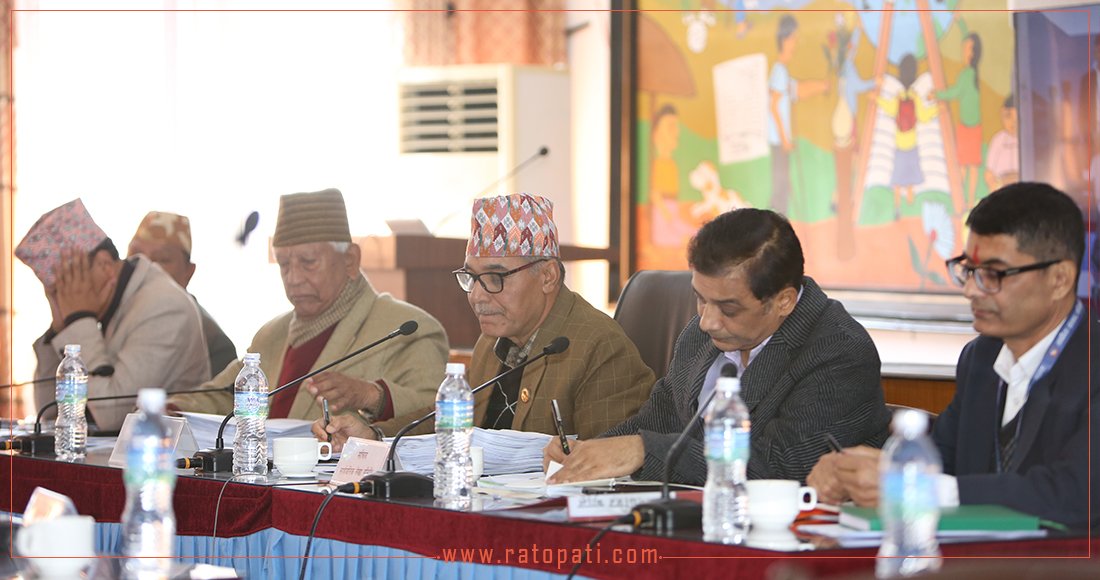
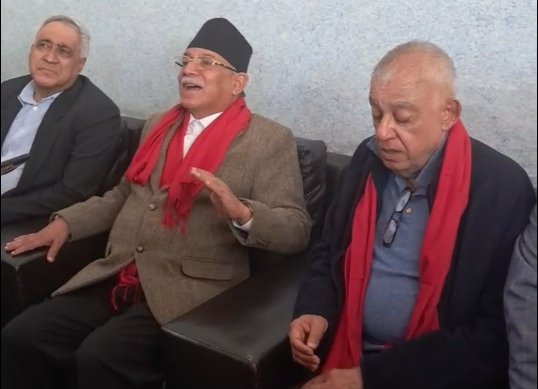

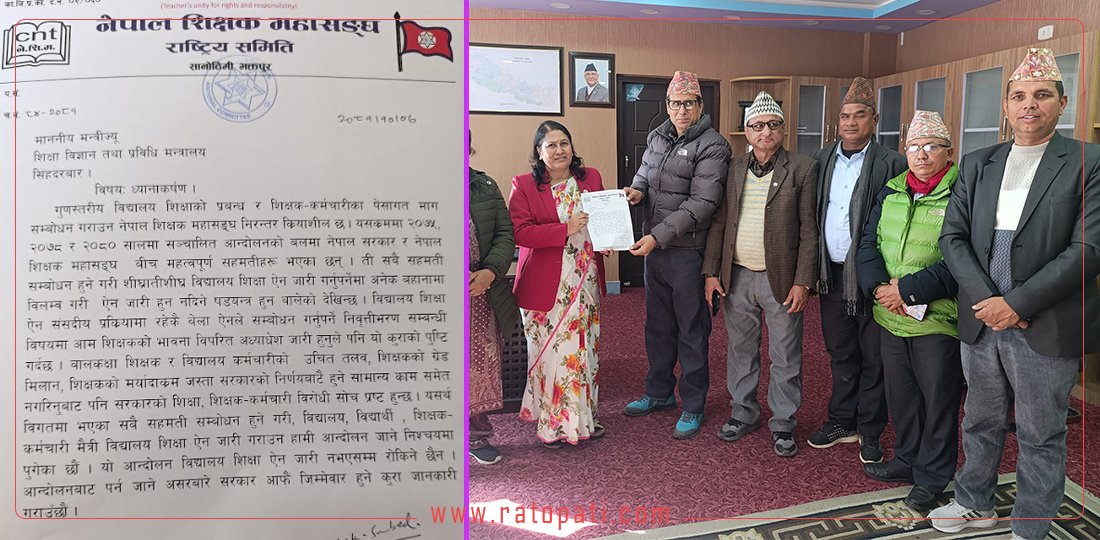
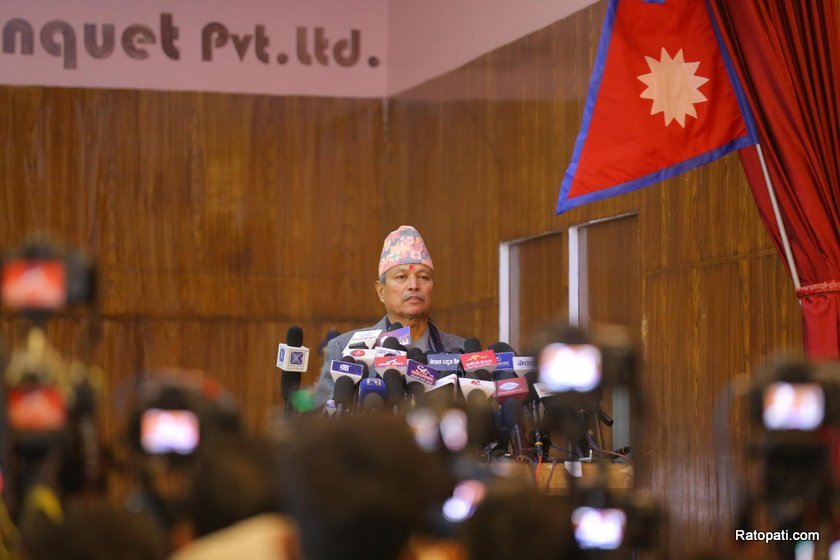
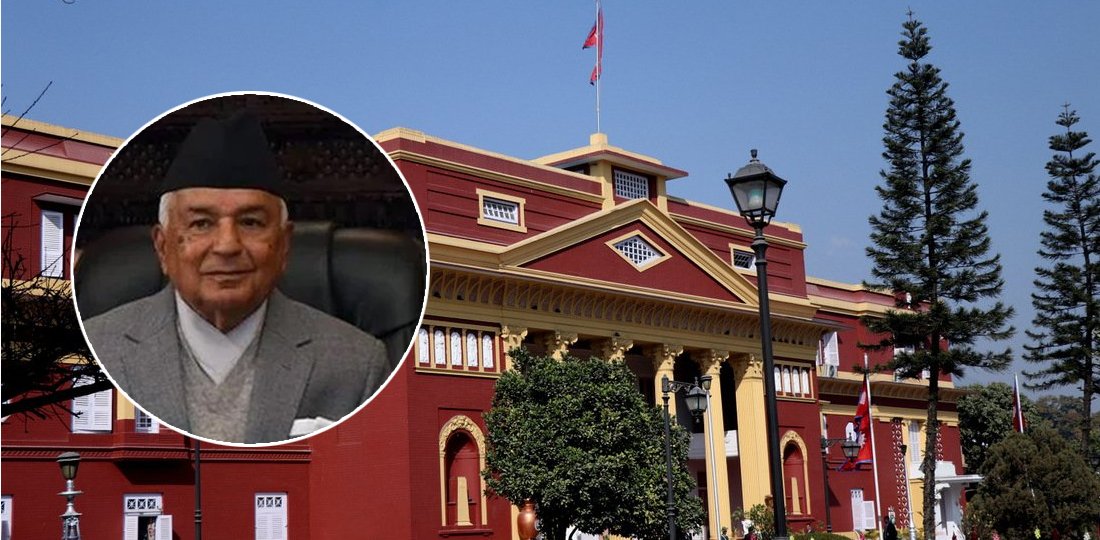
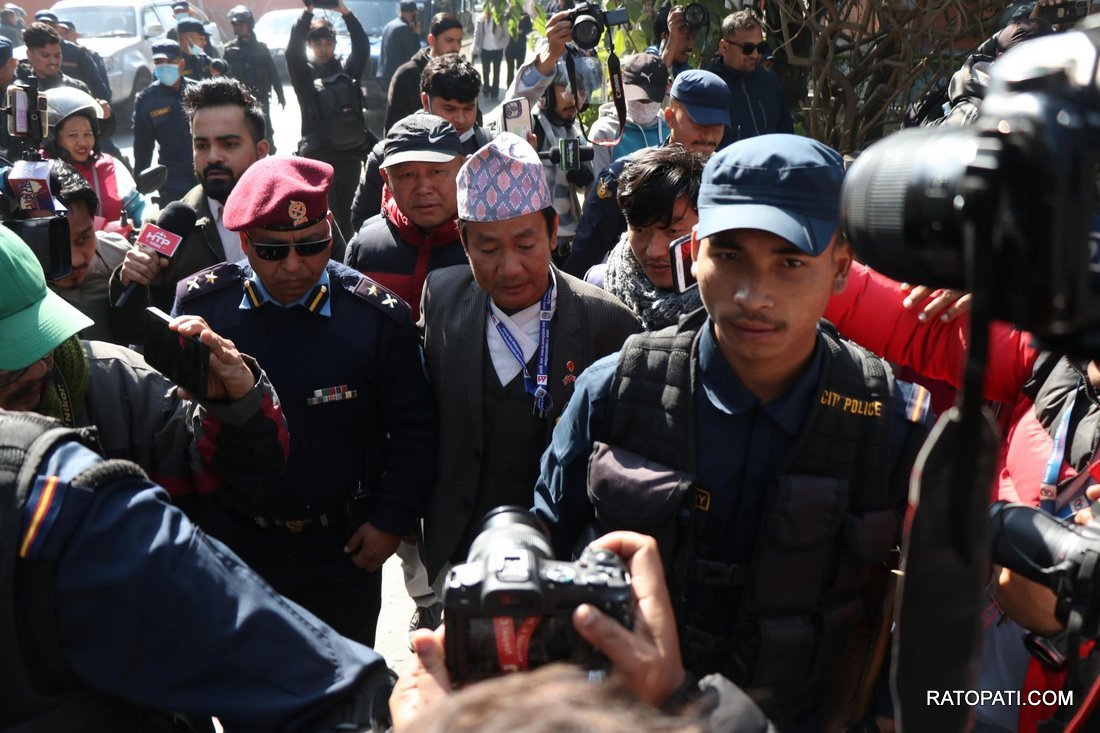
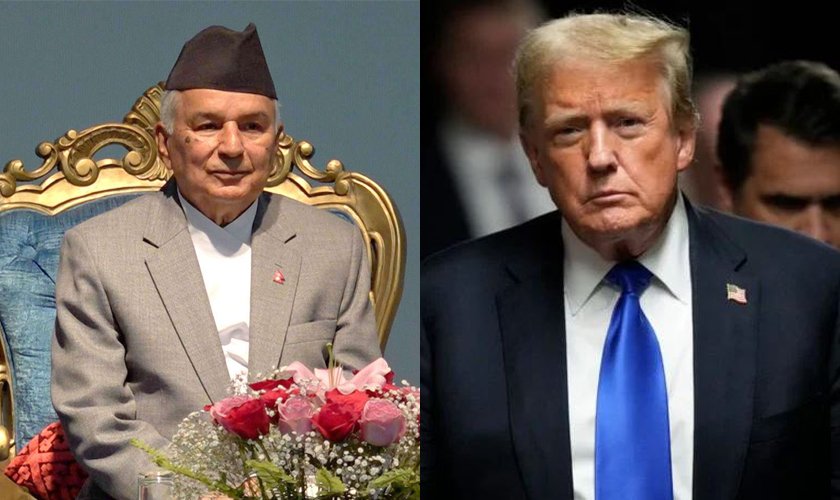
Leave Comment